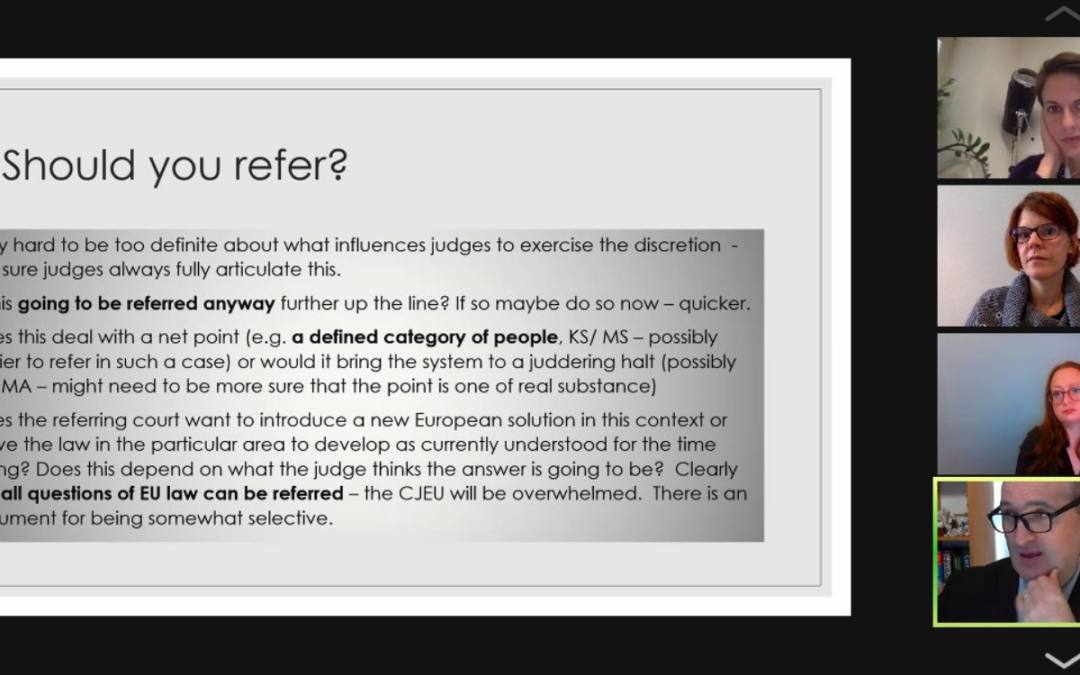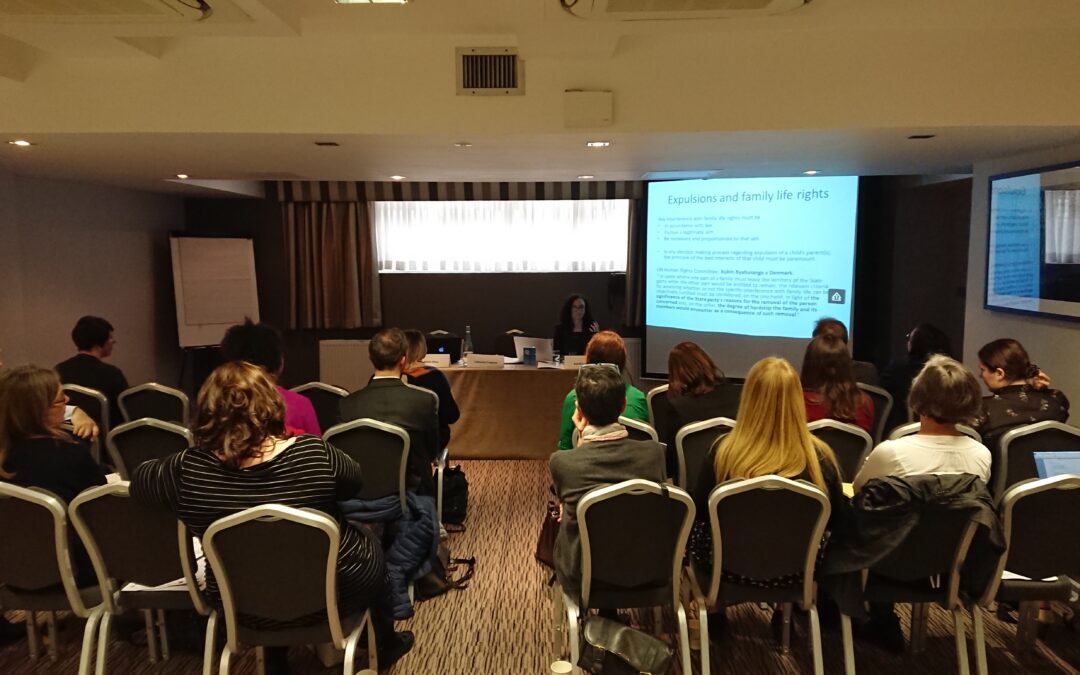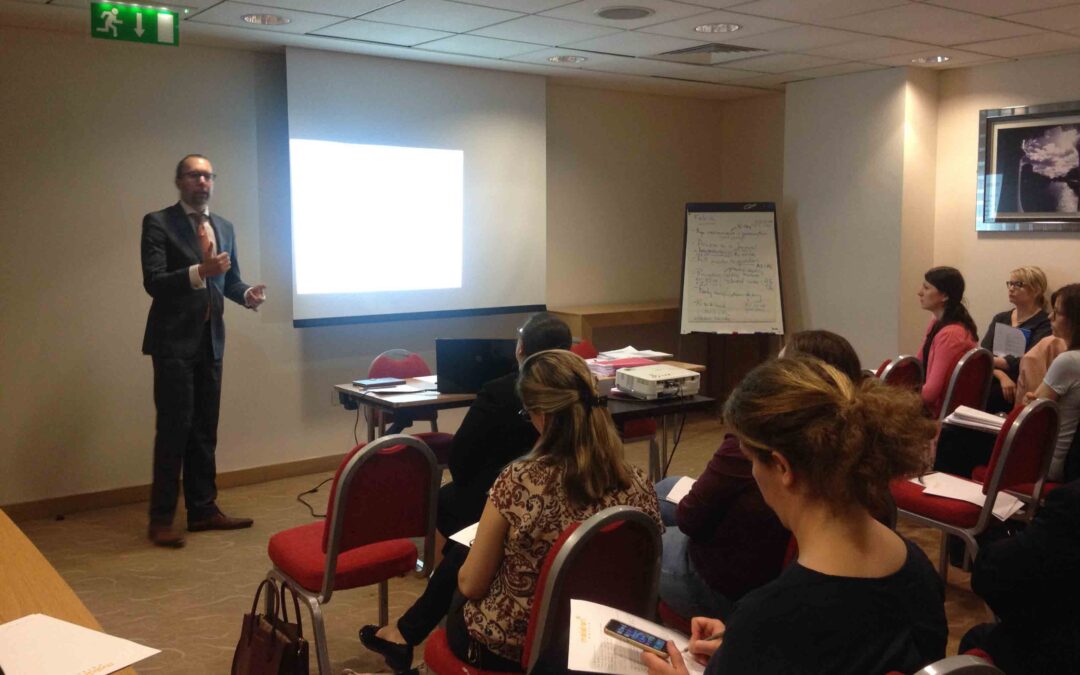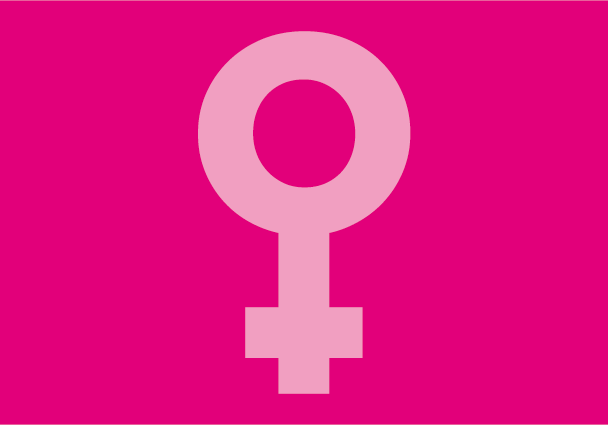
Oct 7, 2021 | News
Judges must view safe country of origin designations with caution and need to make sure individual cases are properly assessed in asylum procedures, judges and experts said during a seminar for Irish and Czech judges held by the International Commission of Jurists (ICJ), Immigrant Council of Ireland and Forum for Human Rights.

Jan 9, 2020 | Agendas, Events, News
Today, the ICJ and Immigrant Council of Ireland (ICI) are holding a 2-day training seminar for judges and lawyers in Dublin, Ireland, on the rights of migrants, in particular the right to family life and due process in asylum proceedings.
The participants consist of about 30 judges and judicial assistants from the International Protection Appeals Tribunal (IPAT) administrative decision makers (IPO/INIS), and legal professionals.
During the two days of training, experts from the European Court of Human Rights, the UK Immigration Tribunal, Trinity College Dublin, the Immigrant Council of Ireland and the ICJ will deliver the training, bringing international human rights and EU law perspectives to the discussion on the Irish context.
Among the issues discussed will be – on day 1 – the right to private and family life in migration, including, and recent developments at the ECtHR, and right to private and family life in the national context as well as best interests of the child determination and family life rights in return decisions. On day 2 discussion will focus on procedural rights and remedies in the context of international protection,. Issues discussed will include due process rights in asylum procedures, safe third country concept, and credibitity assesments and vulnerability in international protection applications.
In parallel, a training for 20 social care professionals working with migrant children is being delivered.
This is the second national training under the FAIR PLUS project, following the first training held last December in Pisa.
See the full agenda here.
This training is a part of FAIR PLUS project. It was carried out with the financial support of the European Union. Its contents are the sole responsibility of ICJ and do not necessarily reflect the views of the European Union.

May 25, 2017 | News, Training modules
Today, the ICJ and the Immigrant Council of Ireland are holding a training for lawyers on the rights of migrant children and on accessing international human rights mechanisms in Dublin.
The training aims to support the strategic use of national and international mechanisms to foster migrant children’s access to justice.
The training will take place over the course of two days: 25-26 May 2017.
The training will focus on accessing the international mechanisms in order to protect and promote the rights of migrant children, the child’s procedural rights including the right to be heard, the right to family life, access to housing and education and immigration detention.
A practical case analysis will be part of the training. Trainers include Róisín Pillay, Director of ICJ’s Europe Programme, Dr. Patricia Brazil, BL and Joris Sprakel, Hague University.
The training is based on draft training materials prepared by the ICJ (to be published in the second half of 2017) and the ICJ Practitioners Guide no. 6: Migration and International Human Rights Law.
It is organized as part of the FAIR project co-funded by the Rights, Equality and Citizenship Programme of the European Union and OSIFE.
As part of the project, this training follows the trainings on the rights of migrant children in Spain, Italy, Bulgaria, Malta and Greece. Training in Germany and Strategic litigation Retreat will follow later this year.
Download the agenda here: Ireland-FAIRtraining-Event-agenda-2017-ENG

Jun 9, 2016 | News
The ICJ welcomes the landmark decision issued today by the UN Human Rights Committee in the case of Amanda Mellet v. Ireland under the Optional Protocol to the International Covenant on Civil and Political Rights.
The Committee found that, by forcing Amanda Mellet to choose either to carry her foetus to term, despite its fatal fœtal abnormality, or to travel abroad to seek an abortion, Ireland had subjected her to cruel, inhuman or degrading treatment and discrimination, in violation of its obligations under the Covenant.
The ICJ considers that in light of the Committee’s decision Ireland must provide reparation to Amanda Mellet and reform its laws to prevent future violations.
Otherwise, Ireland will be in breach of its legal obligation to provide Amanda Mellet with an effective remedy – including in the terms set out in the Committee’s decision – for the human rights violations she suffered.
Related readings:
Full text of Human Rights Committee’s decision (download in PDF)








